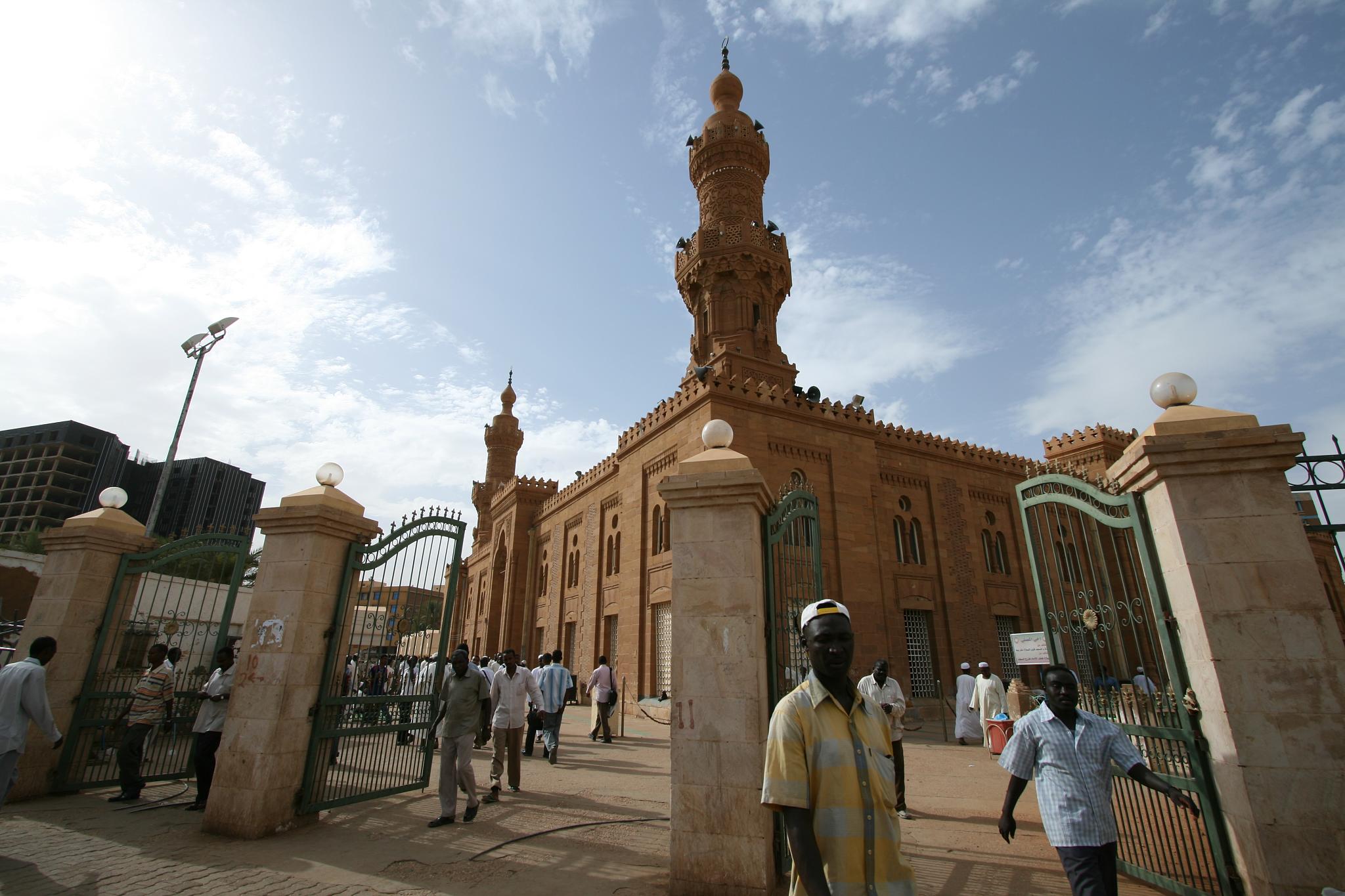Sudan’s recent measures to decrease strict Islamic restrictions clearly show the country’s break from a radical form of Islamic ruling associated with the former president Omar al-Bashir, who was ousted in 2019. This article will focus on the relationship between political Islam and extra-regional actors in Sudan, arguing that external influences could negatively affect Sudan’s transition towards a democratic government in the face of increased economic and social pressure.
Islam, the Sudanese Revolution, and External Actors
Although the break from a strict Islamic rule stems from the decades-long political mismanagement by al-Bashir’s Islamist National Congress Party (NCP), it should not be seen as independent of Sudan’s political environment, in which extra-regional powers use an Islamic political narrative to advance their geostrategic interests. As such, Turkey and Qatar are considered backers of political Islam and are associated with the Muslim Brotherhood, of which Sudan’s al-Bashir was an offspring. By contrast, the UAE and Saudi Arabia oppose Islamic political ideologies. These intra-Sunni politics are played out among others in Libya, Tunisia, Egypt, and Sudan.
During al-Bashir’s 30-year rule, Sudan enjoyed close relationships with Turkey and Qatar. But since the 2010s, his regime moved closer to the UAE and Saudi Arabia, playing the two axes out against each other. When the revolution erupted, the UAE and Saudi Arabia saw their chance to gain a stronger foothold in Sudan, while minimizing the influence of political Islamic ideologies and with it the influence of Turkey and Qatar. The UAE supported generals who could vie for their foreign policy interests, specifically Mohamed Hamdan Dagalo (also known as ‘Hemedti’), to solidify their influence, and they injected large sums of capital into the Sudanese economy in support of the civilian government.
[perfectpullquote align=”right” bordertop=”false” cite=”” link=”” color=”” class=”” size=””]Despite many analysts believing that the Turkish Islamic discourse will not take root in Sudan’s current political climate, there lies a danger in Islamist groups intensifying their relations with Turkey to create internal turmoil and re-shuffle the political cards in their favor.[/perfectpullquote]
Disillusionment with the NCP has, however, not meant that Islamists disappeared from Sudan’s political and social scene. They are still active in the military, security, and civil services. Many Islamists have opposed the transitional government and have protested the recent measures easing strict Islamic rules. Turkey, in an attempt to regain some influence lost with the ousting of al-Bashir, has met with Islamic loyalists and has offered refuge to Islamists members of the former Sudanese government. It is allegedly attempting to reinstall these former regime members’ political positions.
Geostrategic Interests
Accompanying the extra-regional rivalry around political Islam in Sudan is a broader geostrategic competition over economic and military interests. Among which is the Sudanese Red Sea coastline that includes sizable ports and oil-export facilities, and agricultural land. Currently, companies from Saudi Arabia and UAE own most of the leased land, adding up to more than all of Sudan’s domestic agribusiness investors combined. Militarily, both the UAE and Turkey have used Sudan as a springboard for their war efforts in Libya. The UAE has recruited Sudanese mercenaries and both countries have smuggled weapons to Libya through Sudan.
For Turkey, the ousting of al-Bashir was a major blow, as the UAE gained the upper hand in post-al-Bashir Sudan. Despite many analysts believing that the Turkish Islamic discourse will not take root in Sudan’s current political climate, there lies a danger in Islamist groups intensifying their relations with Turkey to create internal turmoil and re-shuffle the political cards in their favor. Similarly, the transitional government not having the means to face increased pressure on the economy, the challenges of COVID-19, and the escalating internal conflicts, could lead to further dependence on conditional extra-regional support.
Countering External Meddling
To minimize the possibility of political and social differences being exacerbated and exploited by extra-regional forces, the transitional process towards a democratic government should be inclusive. Positive steps were already made by including young people and women, and protestors should continue to translate their demands into political representation. Similarly, political Islam should find a way to democratic representation that is accepted by the wider Sudanese society and exists next to the demands of the protestors.
As for the extra-regional actors, the Sudanese transitional government could benefit from defining a strategic vision on concepts such as democracy, economic reform, and security, to balance out external forces for the benefit of the Sudanese people. The influence of extra-regional powers is potentially also mitigated through a regional platform that not only includes Sudan and neighboring states facing similar external rivalries, but also the extra-regional actors themselves. This could enable Sudan and other states in the Horn of Africa to rebalance asymmetrical relationships, while external actors could benefit from the long-term stability such a platform could provide.
Although these are difficult tasks in the face of Sudan’s many internal and external challenges, a successful Sudanese transition towards democracy will become an example for many other countries in the Middle East and North Africa that face similar political and social dire straits.
Desiree Custers is a Middle East and North Africa observer working at the EastWest Institute, an NGO active in conflict mediation and prevention (views expressed do not represent those of the Institute). She has an MA in ‘Conflict Studies and Human Rights’ and ‘Arabic and Islamic Studies’ and her own bilingual Arabic/English blog: https://issabramil.wordpress.com/. She tweets via @desicusters.
Photo Credit: Jordan Sitkin

